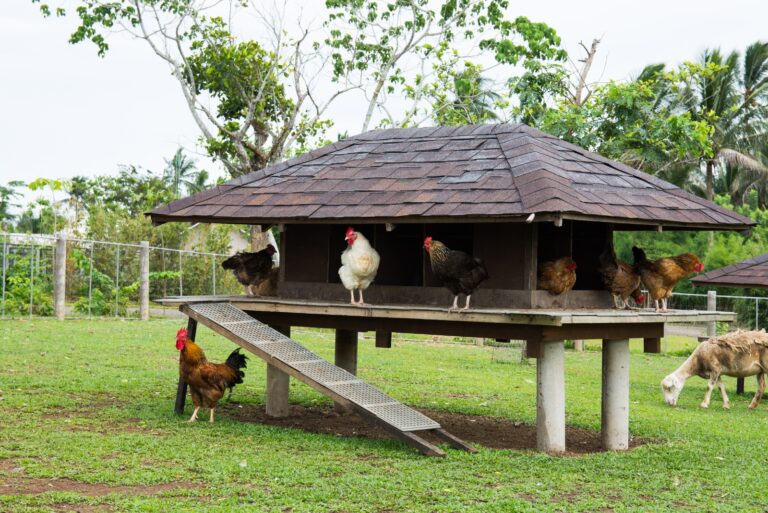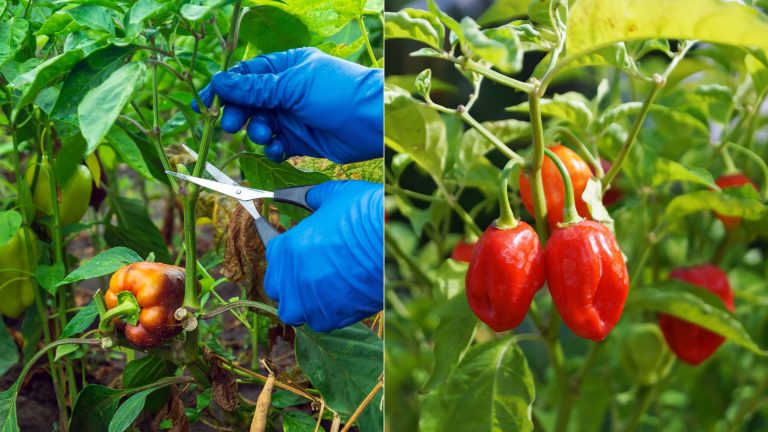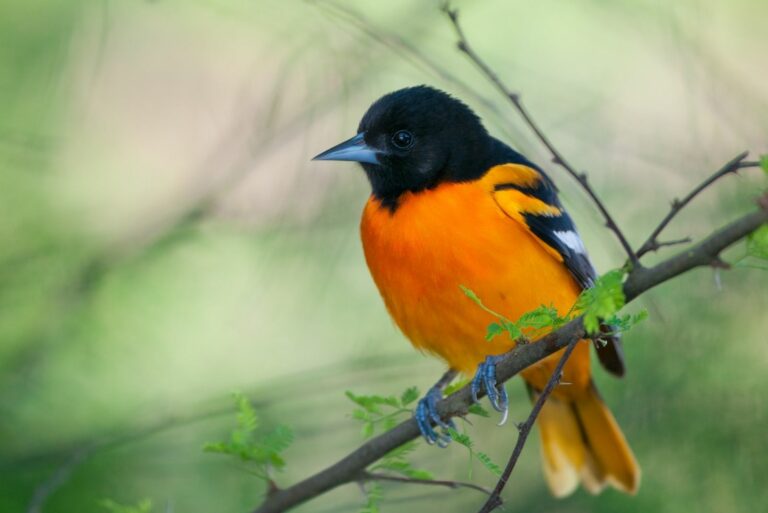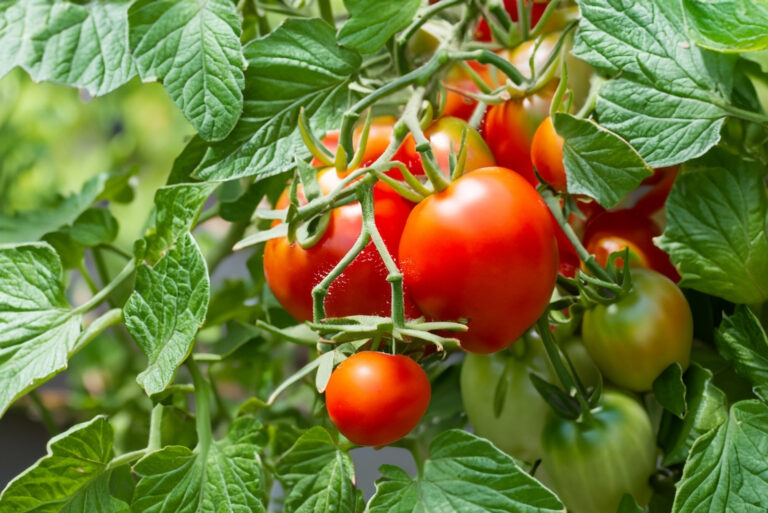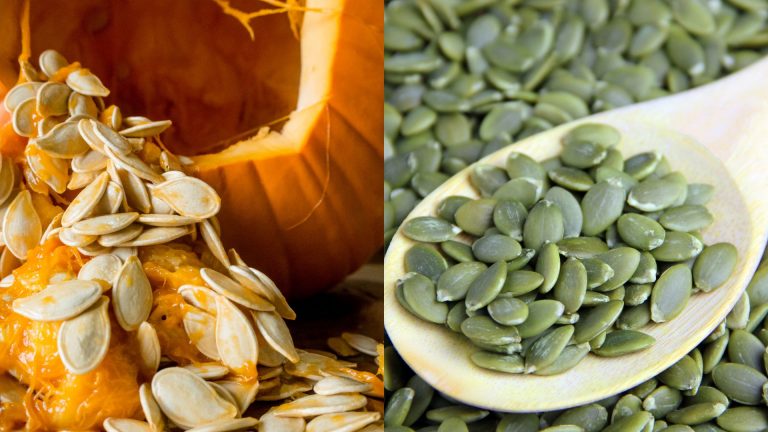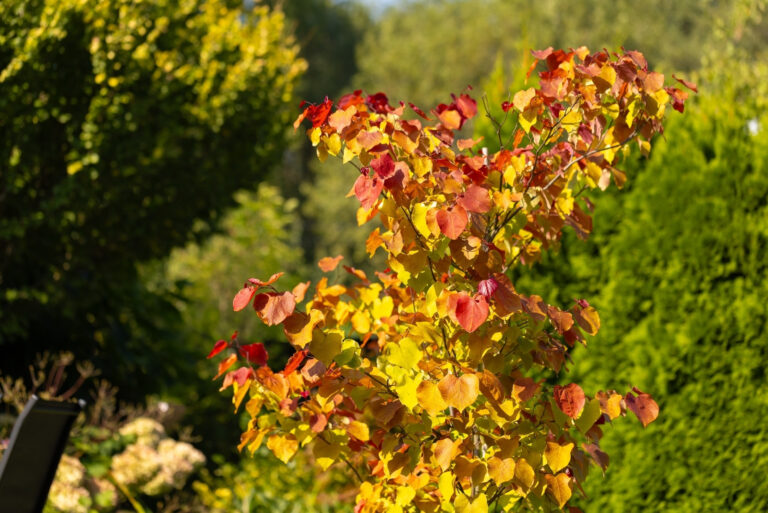17 Reasons Why You Should Think Twice Before Getting Rid Of Skunks
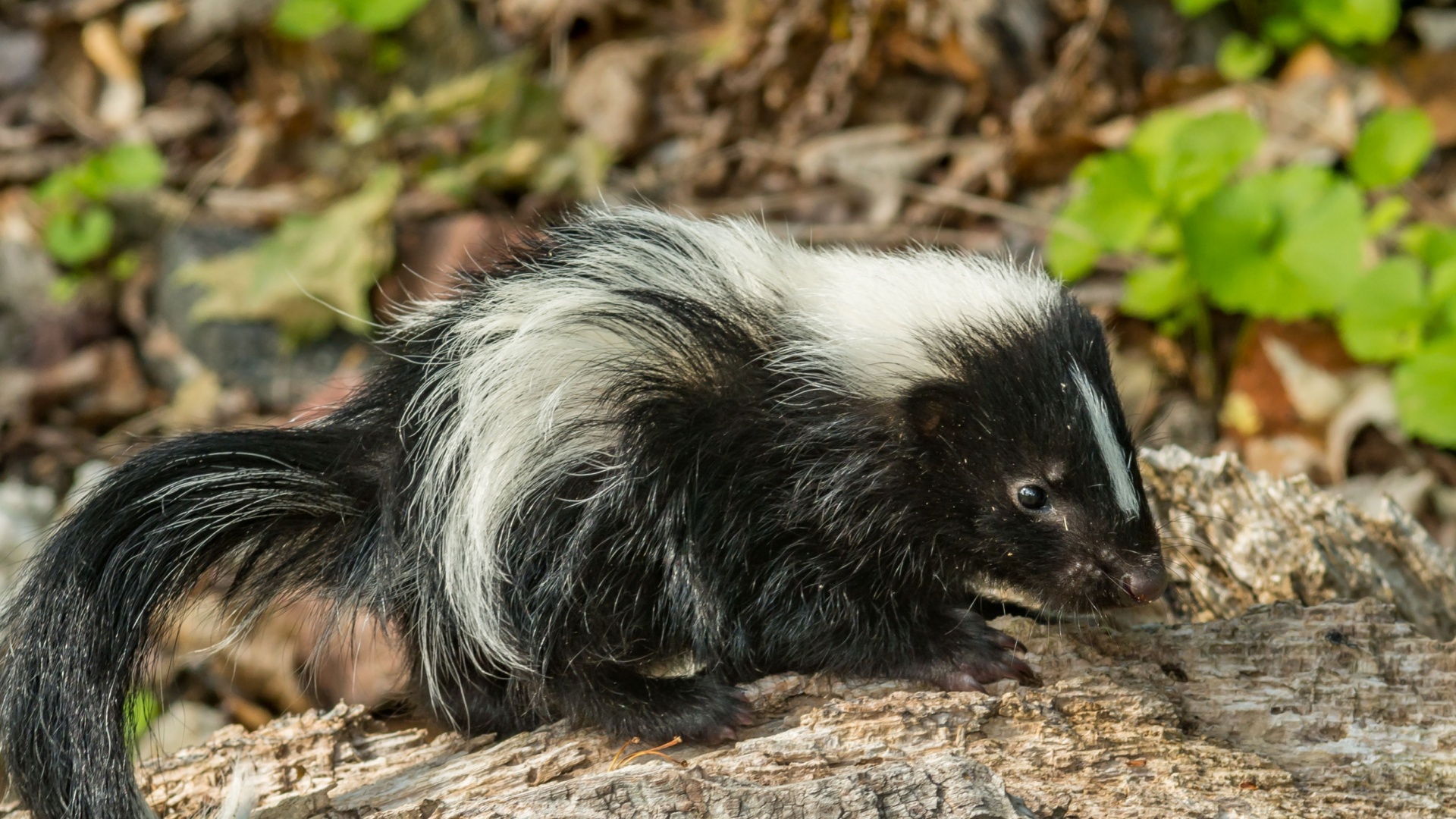
Your nose knows when a skunk’s nearby—and your first thought is probably, “It’s gotta go.” But before you rush to chase it off, take a step back. Skunks may stink, but they’re not the villains they’re made out to be.
In fact, they’re doing some heavy lifting in your yard. Here are 17 surprising reasons you might want to let that little stinker stay.
1. Natural Pest Controllers
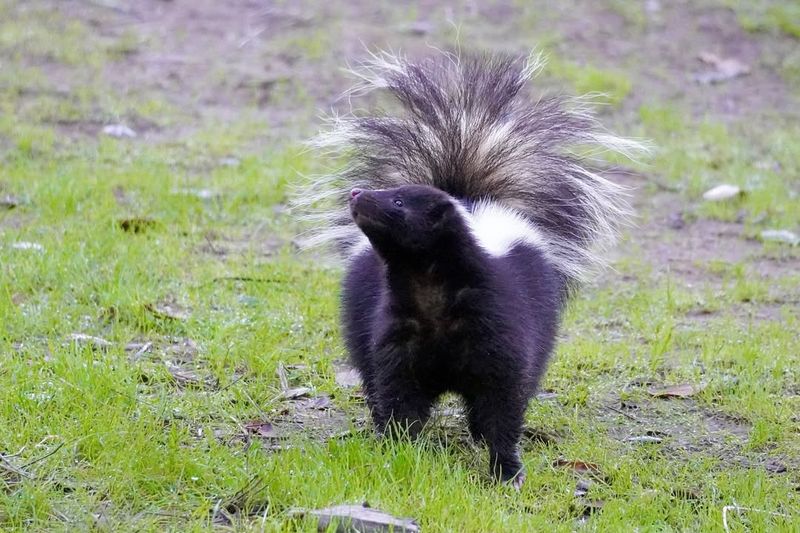
Skunks feast on many creatures we consider pests. They gobble up mice, rats, moles, and voles that might otherwise invade your home or garden. A single skunk can eat dozens of rodents each week!
They also munch on insects like grasshoppers, beetles, and grubs that damage lawns and gardens. By keeping these populations in check, skunks provide free pest management services right in your backyard.
2. Garden Helpers
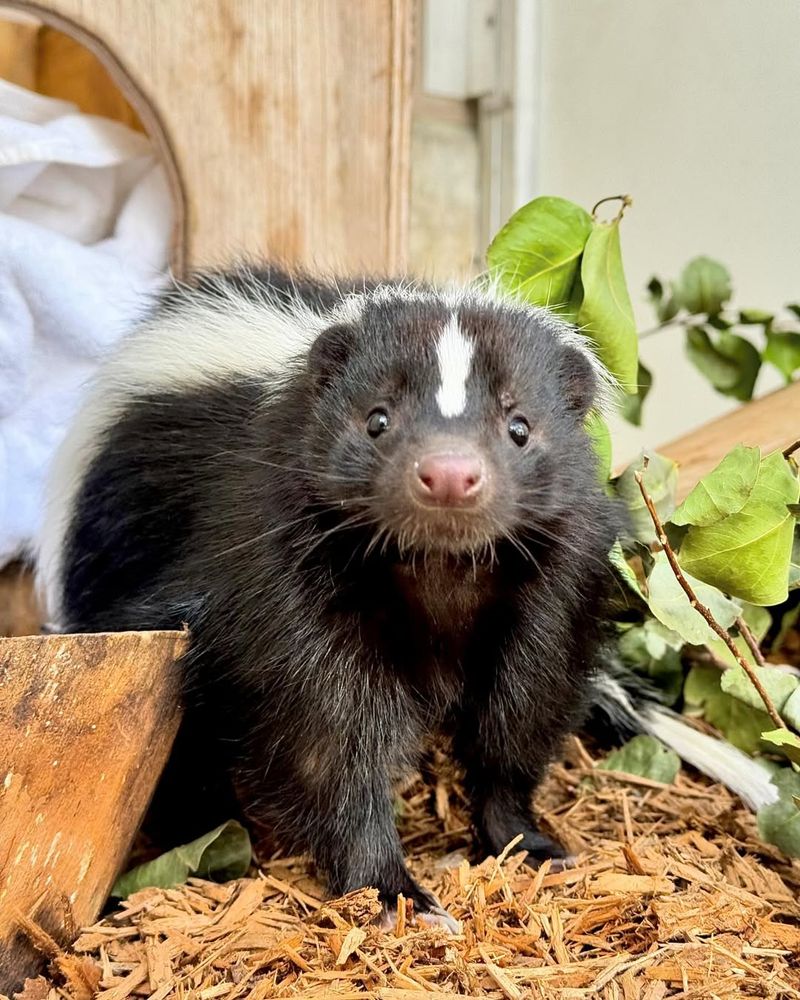
Your garden might actually benefit from a skunk’s presence. These animals dig small, cone-shaped holes while searching for grubs and harmful insects that damage plant roots. Unlike other digging animals, they’re surprisingly neat about it.
Skunks also eat slugs and snails that would otherwise feast on your prized vegetables and flowers. Many gardeners would pay good money for this kind of natural pest control service that skunks provide for free!
3. Bee Protectors
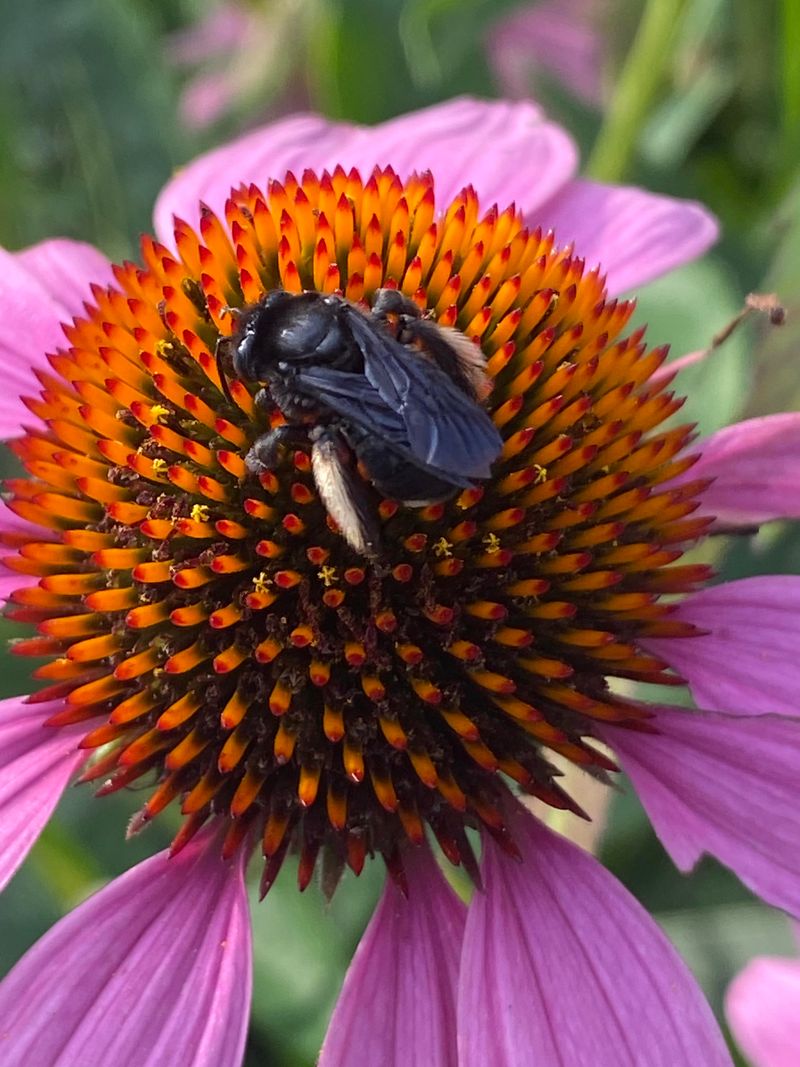
Strangely enough, skunks have a special talent for eating yellow jacket wasps without getting stung. Yellow jackets are aggressive insects that can harm honeybees and disrupt their important pollination work.
A skunk will carefully dig up underground yellow jacket nests, avoiding stings by scratching at the entrance and eating the wasps as they emerge. This natural control helps protect honeybee populations that are already struggling with many threats.
4. Snake Deterrents
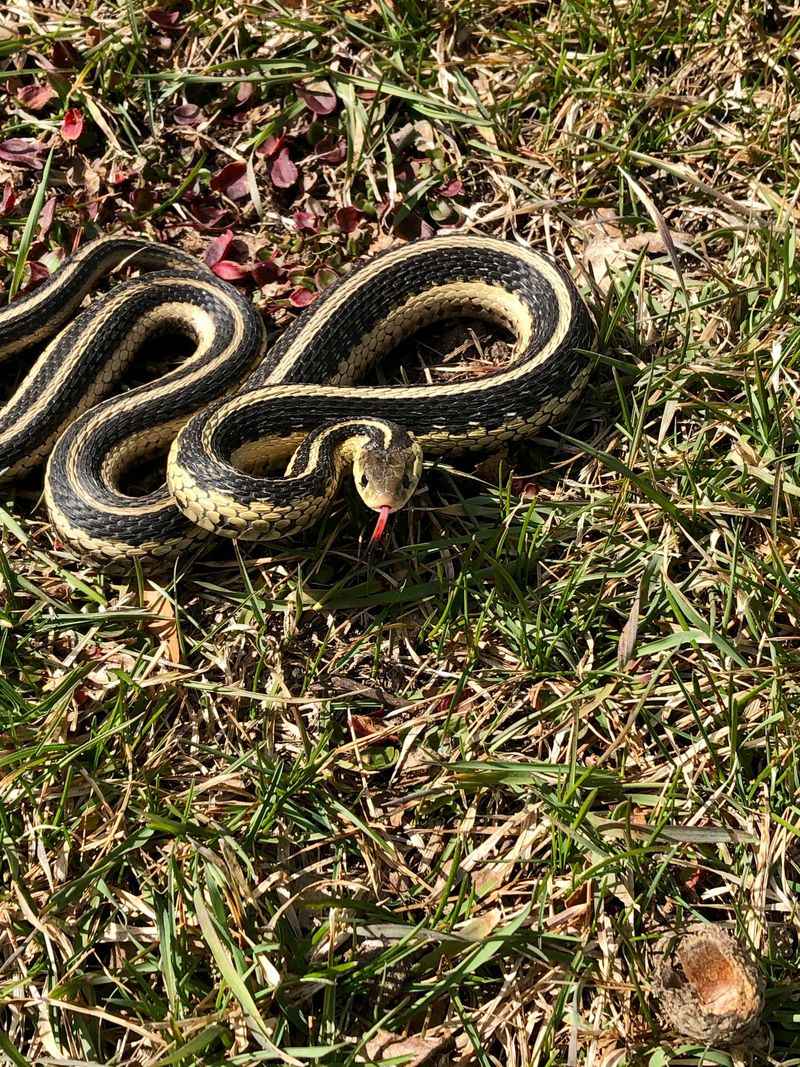
Not a fan of snakes? Skunks might be your unexpected allies. These bold creatures actually hunt and eat snakes, including some venomous species. Their thick fur provides protection against snake bites, making them effective predators.
Having skunks patrol your property can reduce the snake population naturally. This means fewer surprise encounters with slithering visitors when you’re working in your yard or garden. For people with snake phobias, this skunk benefit is especially valuable.
5. Tick Terminators
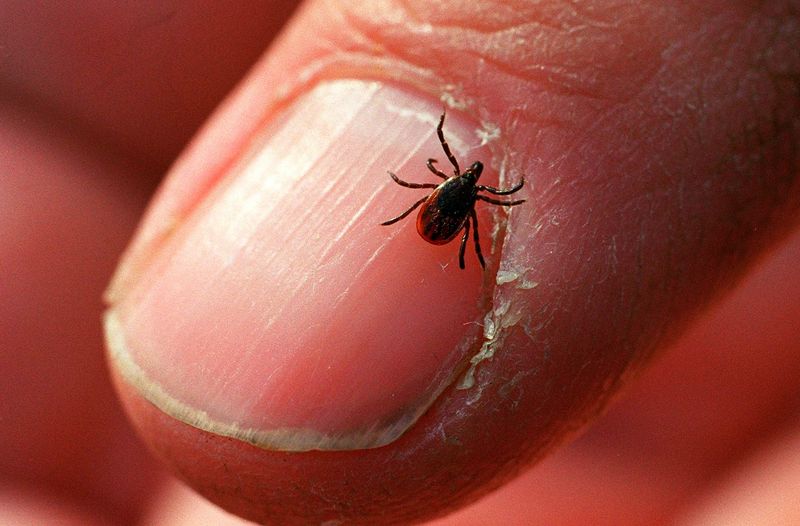
Ticks spread serious diseases like Lyme disease and Rocky Mountain spotted fever. Fortunately, skunks love to eat ticks! They’ll gobble them up directly or eat mice that carry ticks, reducing the overall tick population.
One skunk can consume thousands of ticks in a single season. In areas with high Lyme disease rates, having these natural tick controllers around could actually benefit human health. Their appetite for these disease-carrying pests makes them valuable neighbors.
6. Rarely Rabid
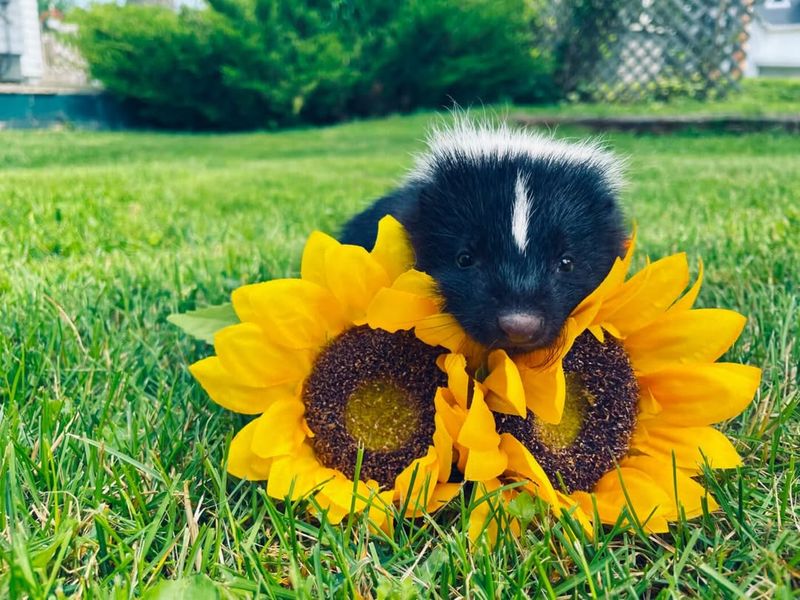
Despite common misconceptions, skunks rarely carry rabies. While they can contract the disease like any mammal, they’re actually not significant rabies vectors compared to other wildlife.
According to wildlife experts, raccoons, bats, and foxes are far more likely to transmit rabies than skunks. Healthy skunks typically avoid people and only spray when they feel threatened. Most skunk encounters are harmless if you give them space and respect.
7. Soil Aerators
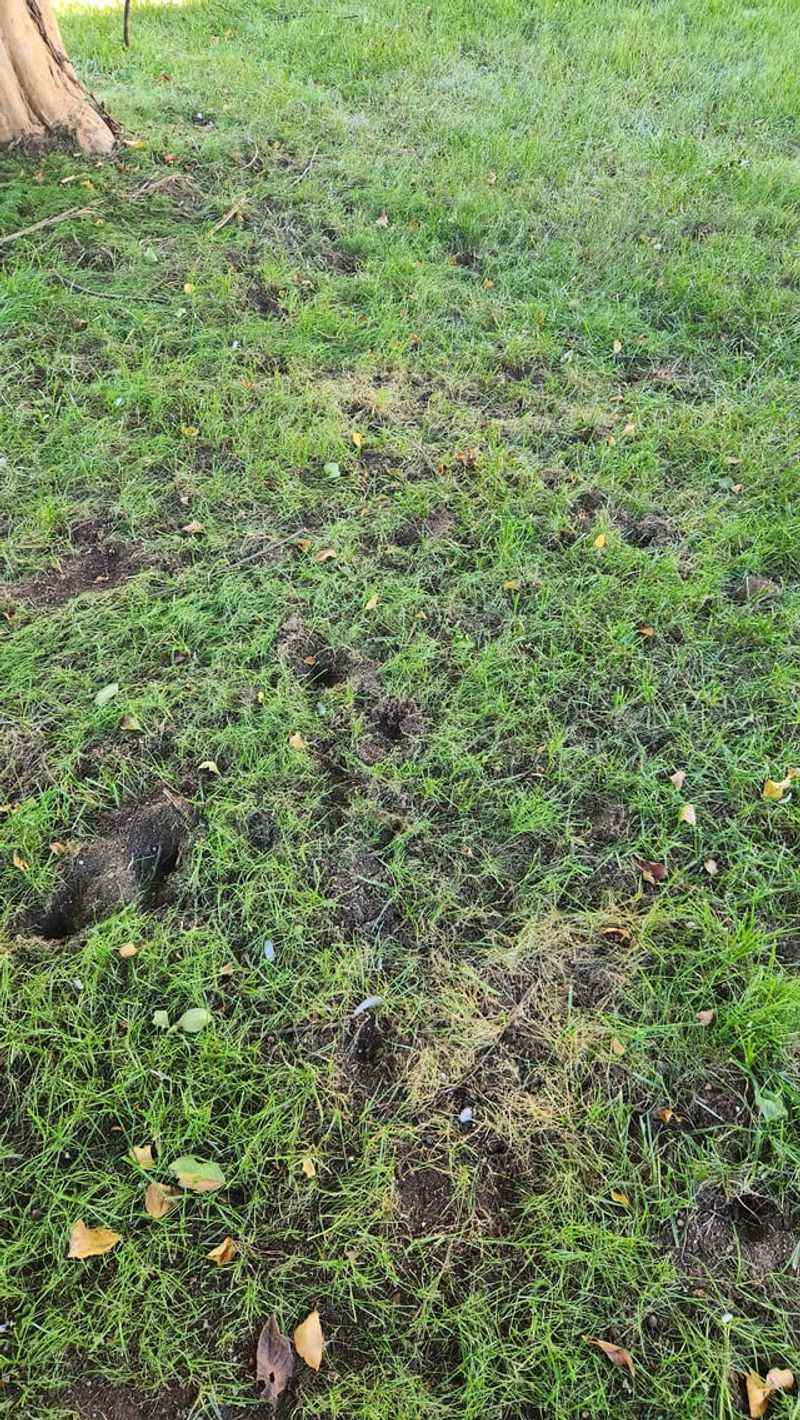
Those small holes skunks dig while hunting for grubs actually benefit your soil. Their digging naturally aerates the ground, allowing better water penetration and root growth for plants. It’s like free lawn aeration service!
The digging also helps mix organic matter into the soil, improving its structure and fertility. Unlike destructive diggers like gophers, skunk excavations are typically shallow and focused on specific grub-infested areas rather than creating extensive tunnel systems.
8. Seed Distributors
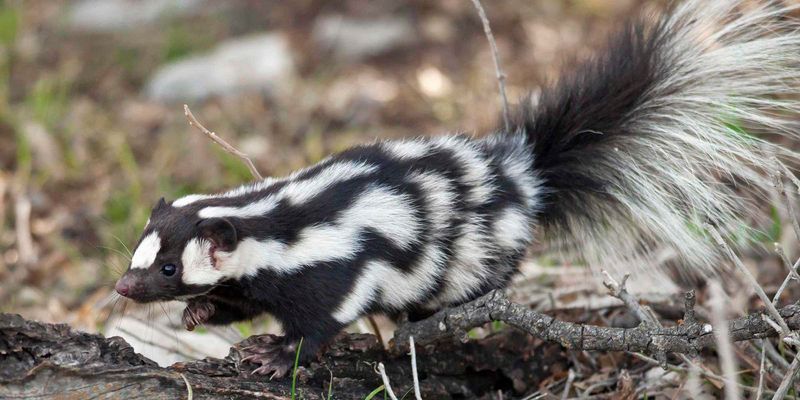
Skunks help spread plant seeds across your property and beyond. As they forage for food, seeds from fruits and berries they eat pass through their digestive systems and get deposited in new locations with a bit of natural fertilizer.
This seed dispersal promotes plant diversity and helps maintain healthy ecosystems. Native plants especially benefit from this natural distribution method. Skunks essentially plant new vegetation for free as they go about their nightly routines.
9. Ecosystem Indicators
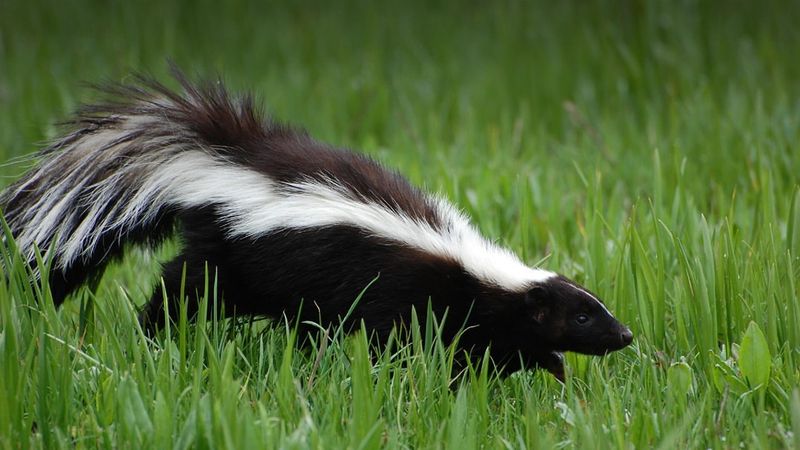
The presence of skunks indicates a healthy, balanced ecosystem. As mid-level predators, they help regulate populations of smaller animals while serving as food for larger predators like owls and coyotes.
When skunk populations decline, it often signals environmental problems affecting the entire food web. Observing skunks can provide valuable information about local environmental health. Their consistent presence suggests your local ecosystem is functioning properly with adequate food sources and habitat.
10. Nocturnal Neighbors
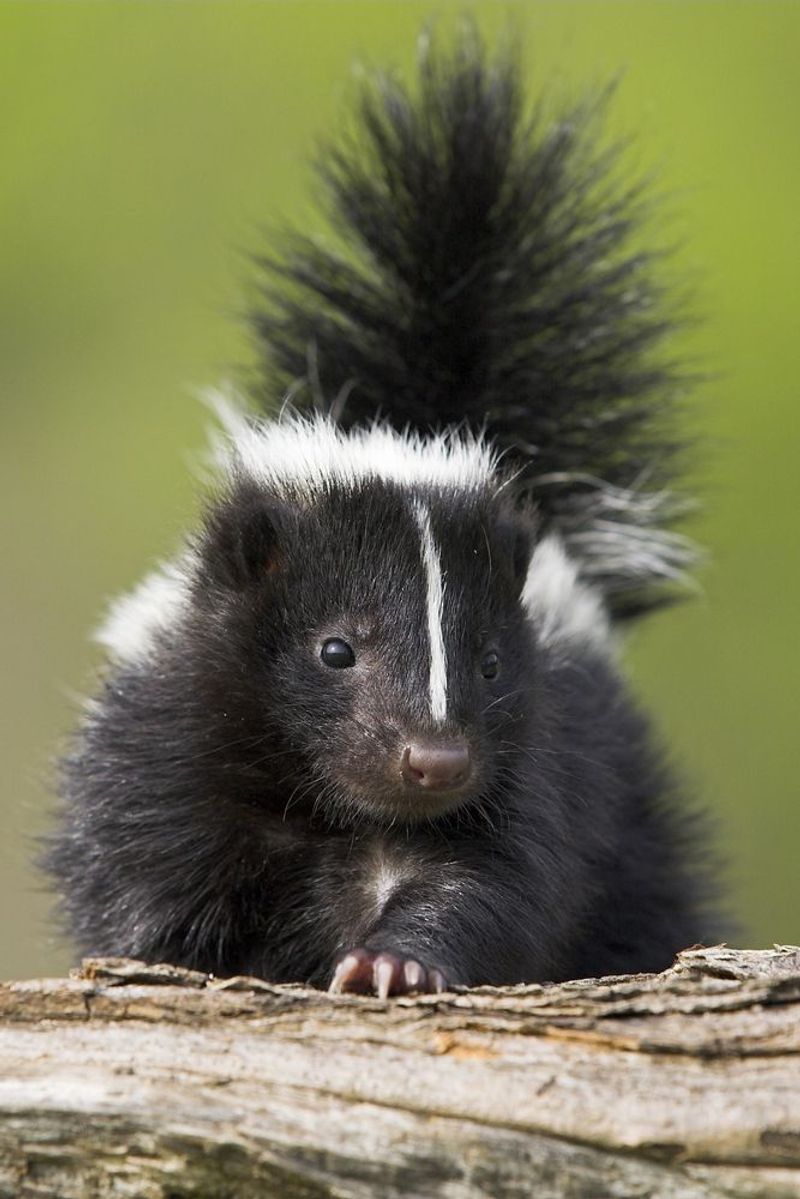
Skunks are mostly active at night when humans are asleep, making conflicts rare if you simply let them be. They quietly go about their business eating pests while you’re dreaming.
During the day, they rest in dens or burrows, staying out of your way. This nocturnal lifestyle means you can enjoy their pest-control benefits without frequently crossing paths. Most skunk-human encounters happen when people or pets accidentally surprise them in the dark.
11. Spray Misconceptions
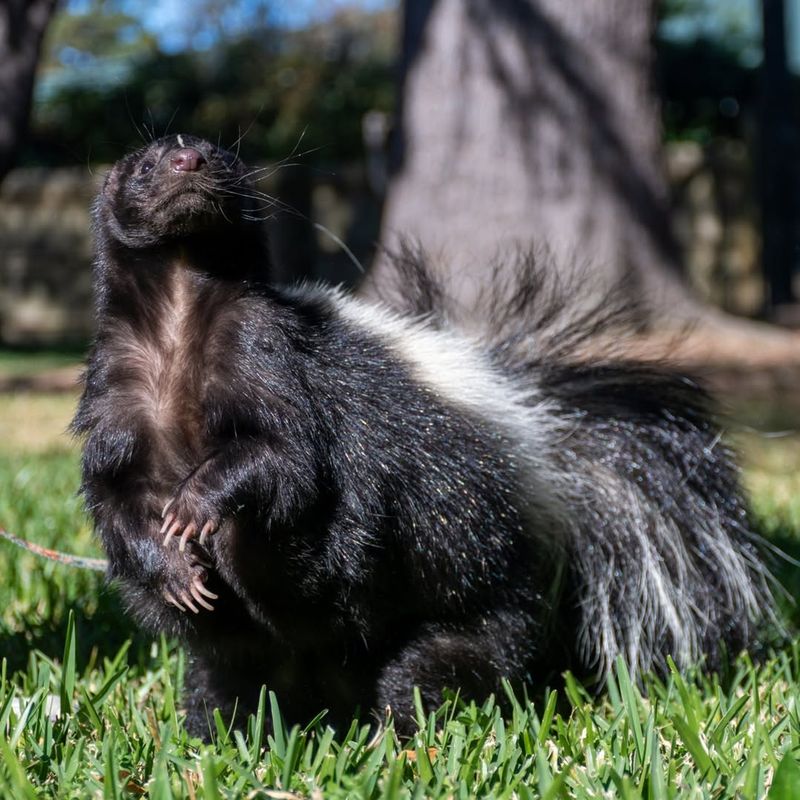
Skunks don’t want to spray you! Their famous defense mechanism is actually a last resort they prefer to avoid. Before spraying, skunks give clear warning signs – stamping front feet, raising their tail, and even doing handstands.
They can only produce a limited amount of spray and need time to replenish it. This makes them vulnerable after using their defense, so they’re conservative with it. Knowing their warning signals helps you avoid getting sprayed while coexisting peacefully.
12. Easily Deterred
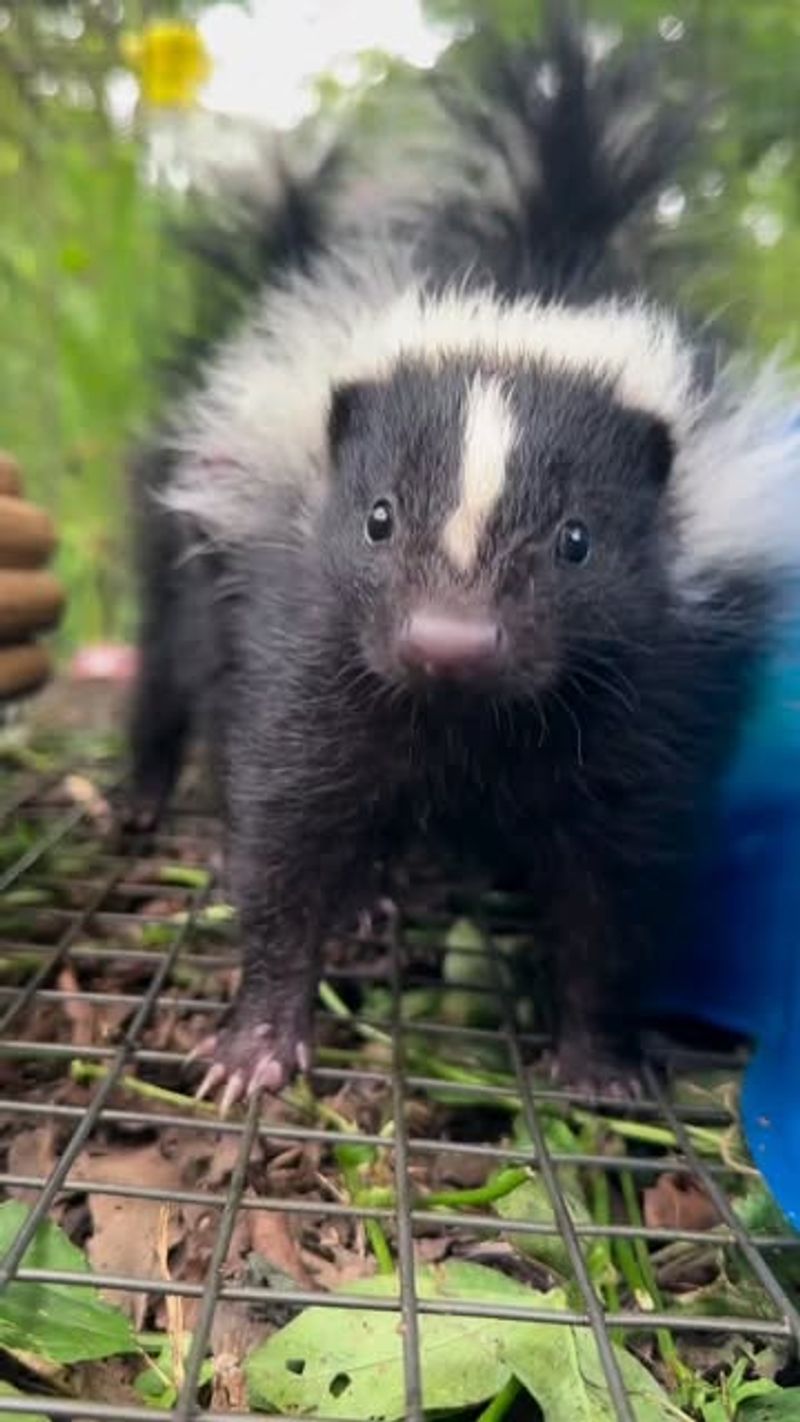
If you’d prefer skunks not to visit certain areas, they’re actually easy to discourage without harmful measures. Simple solutions like motion-activated lights, removing food sources, or using scents they dislike (citrus peels or predator urine) can keep them away from specific spots.
Unlike some wildlife, skunks respond well to gentle deterrents. You can direct their activities to areas where they’ll be beneficial without harming them. This allows for peaceful coexistence that benefits both parties.
13. Fascinating Family Life
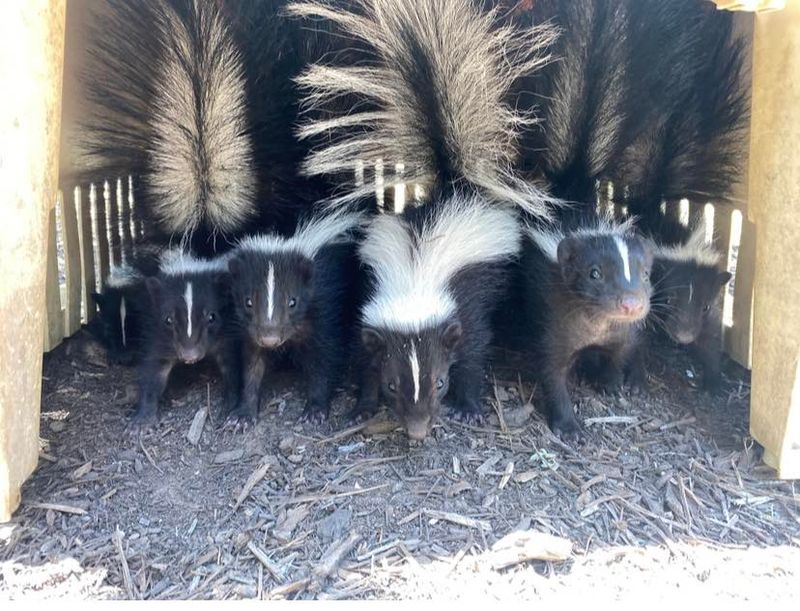
Skunk mothers are dedicated parents who teach their kits important survival skills. Baby skunks (called kits) are born blind and depend entirely on their mother for about two months. Watching a mother with her line of kits is one of nature’s charming sights!
A mother skunk may have 4-7 kits in spring, and she trains them to forage and recognize threats. Young skunks stay with mom until fall, learning essential skills before striking out on their own.
14. Intelligent Creatures
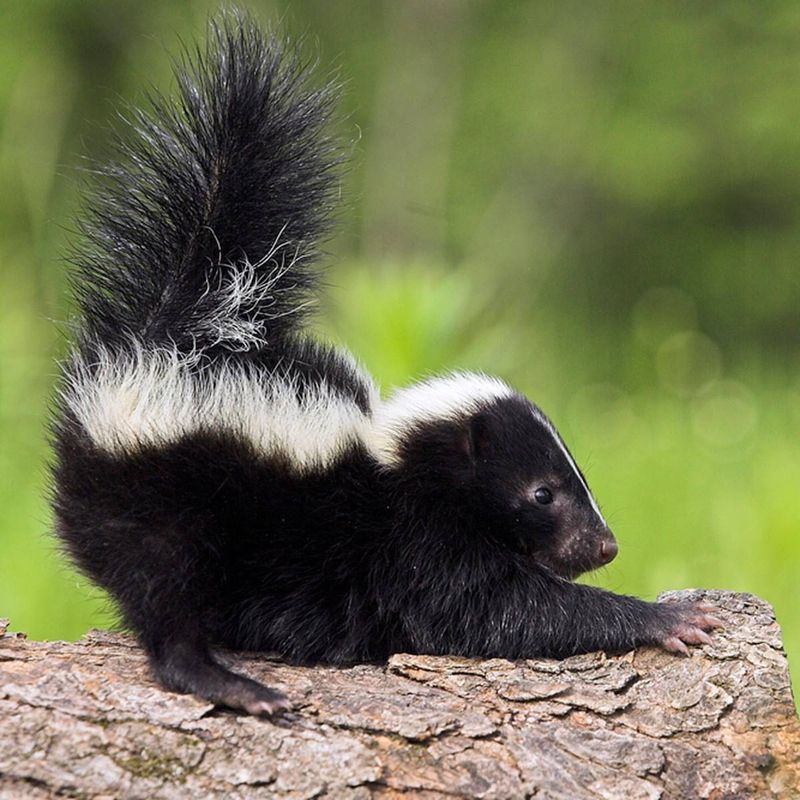
Skunks are surprisingly smart animals with good problem-solving abilities. They remember locations of food sources and can figure out simple puzzles to access meals. Their intelligence helps them adapt to changing environments.
Wildlife rehabilitators often note how quickly skunks learn routines and recognize caregivers. They can be trained to use litter boxes and respond to their names when raised in captivity. This intelligence makes them fascinating creatures to observe from a respectful distance.
15. Adaptable Survivors
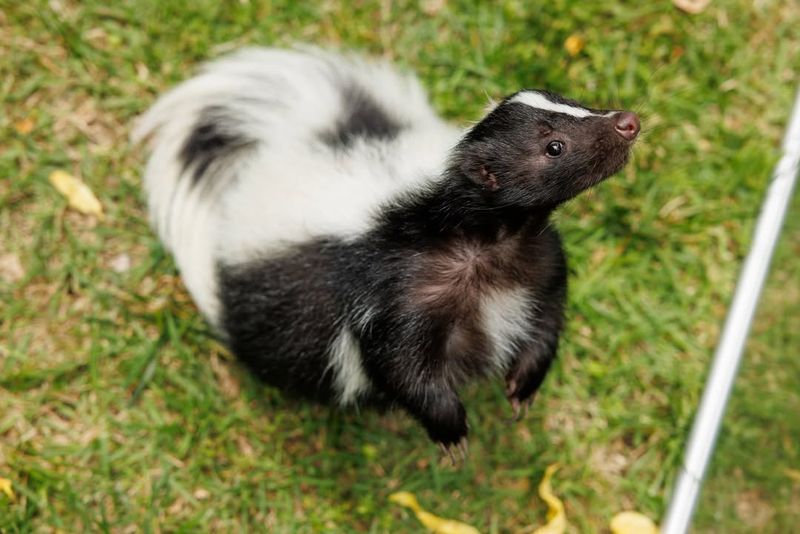
Skunks have successfully adapted to human development, finding ways to thrive in urban, suburban, and rural environments. This adaptability shows their resilience and importance in various ecosystems.
Unlike some wildlife that disappears when humans move in, skunks find niches in our modified landscapes. They make use of human structures for den sites and take advantage of our gardens and landscaping. Their ability to adapt makes them important components of modern ecosystems.
16. Natural Mouse Trap
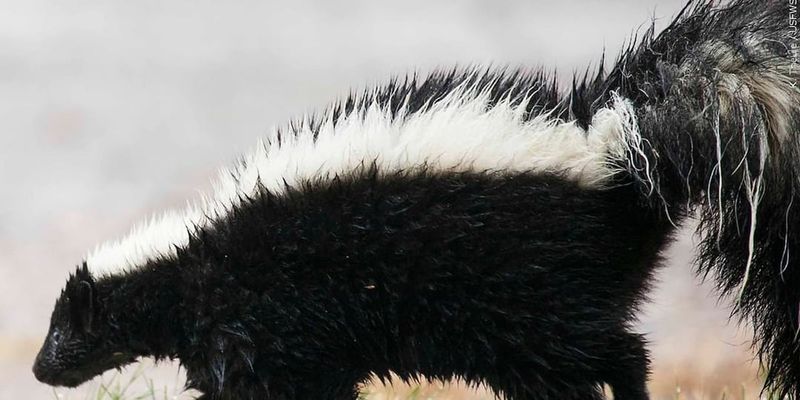
Forget expensive pest control services – skunks are nature’s mouse traps! They have excellent senses of smell and hearing that help them locate rodents even under snow or in burrows. Their powerful front claws are perfect for digging out hidden mice.
A single skunk can consume hundreds of mice annually. For farmers and homeowners battling rodent problems, having a skunk around can significantly reduce mouse populations near buildings and crops. Their hunting prowess makes them valuable allies in rodent control.
17. Relocation Challenges
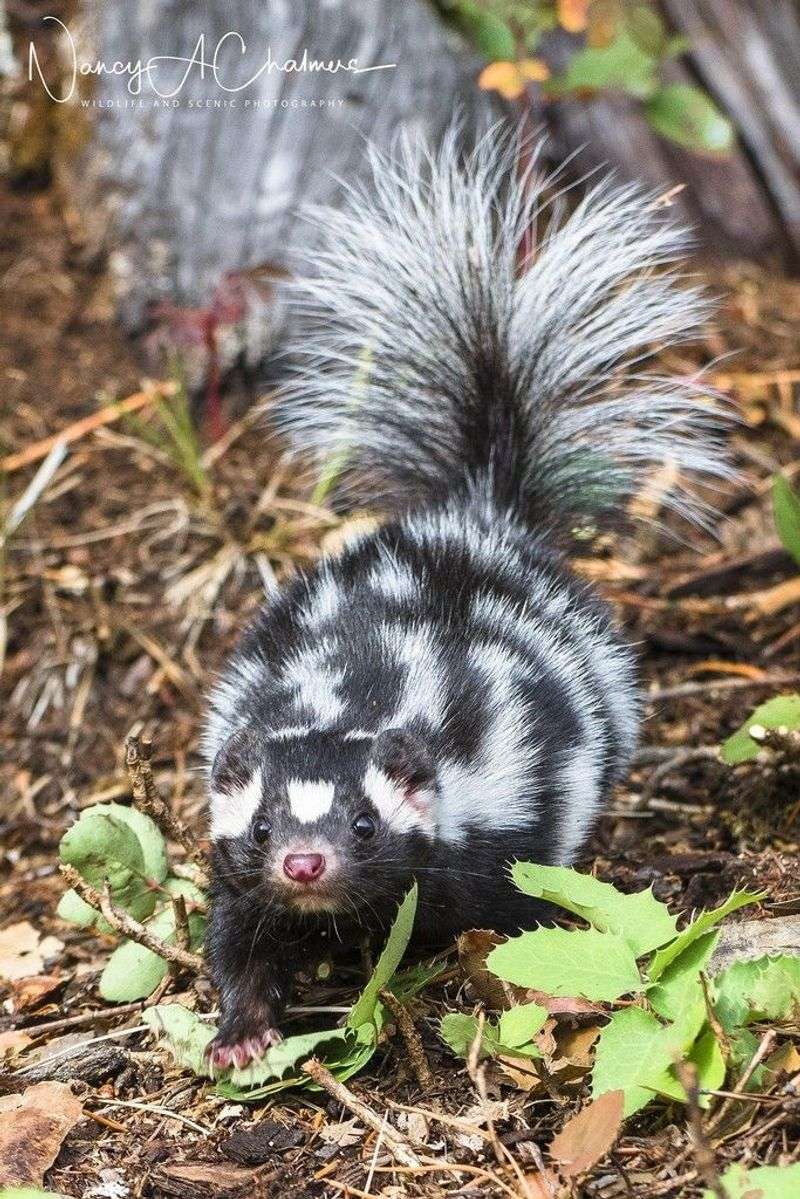
Trapping and relocating skunks often fails and can cause suffering. Relocated skunks frequently die trying to return home through unfamiliar territory or struggle to find food and shelter in new areas.
Moving skunks can also spread diseases to new wildlife populations. Additionally, if you remove a skunk without addressing what attracted it, another will likely take its place. Understanding these challenges helps explain why coexistence is often the most humane and effective approach.

